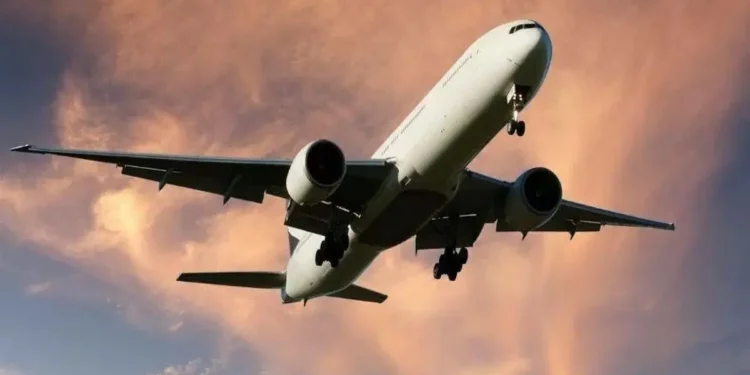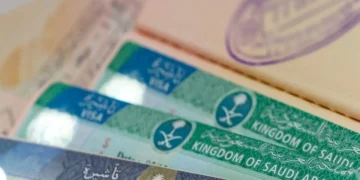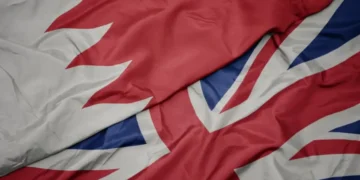Along with Israel’s attack on Iran, US President Donald Trump and other global leaders are tightening their stand against this Islamic country.
Considering attacking Iran’s atomic sites, Trump threatened the supreme leader of Iran, claiming where he knew where he was hiding. Trump claimed that he could easily “target” Iran’s top (religious) leader Ayatollah Ali Khamenei.
Trump has demanded the Iranian leader to “surrender” unconditional surrender. Meanwhile, countries like Germany, Canada, Britain and Australia have sought to leave their nuclear program completely from Iran, tightening their stand.
Will it have to fight alone due to increasing pressure on Iran? Or do he have colleagues who can help him?
Has Iran’s ‘resistance base’ completely collapsed?
Iran has long been dependent on the network of paramilitary groups in West Asia under its resistance strategy. This approach has saved it to a large extent from the US or Israel directly, despite constant threats and pressure.
This so -called ‘resistance base’ includes Hizbullah in Lebanon, Popular Mobilization Forces (PFF) in Iraq, Huti militants in Yemen as well as Hamas in Gaza. Iran has also been supporting Bashar al-Assad’s government in Syria but was removed from power last year.
However, in the last two years, Israel has caused heavy damage to this network.
Hizbullah, who was once the most powerful non-government ally in Iran, has been defeated by Israel for months. Its arms reserves in Lebanon were systematically targeted and destroyed. At the same time, the group suffered a major psychological and strategic damage by the murder of its most influential leader Hasan Nasrallah.
After the collapse of the Assad government in Syria, the Iran -backed militia has been raised extensively, taking away another important base in the region of Iran.
However, Iran has strong impacts in Iraq and Yemen.
The PMF has about 2,00,000 fighters in Iraq, which is a huge strength. In Yemen, the huts also have a group of fighters.
If the situation becomes a threat to existence for Iran, which is the only Shia -led country in the region, then religious solidarity can motivate these groups to actively join. This will expand the war rapidly throughout the region.
For example, PMF may attack 2,500 US troops posted in Iraq. In fact, one of the more radical groups of PMF, the head of the Qataib Hizbullah has promised to do so.
Will Iran’s regional and global partners jump into this fight?
Many regional powers have close ties with Iran. The most notable among them is Pakistan, which is the only Islamic country with a nuclear arsenal.
For several weeks, Iranian leader Khamenei tried to extend close to Pakistan to combat Israel’s actions in Gaza.
In view of Pakistan’s importance in the Israeli-Iran struggle, Trump has met the Army Chief of the Asian country in Washington.
The leaders of Pakistan have also made their loyalty to a great extent. Prime Minister Shahbaz Sharif has offered the President of Iran “unwavering solidarity in the case of Israeli attack”. Pakistan’s Defense Minister Khwaja Asif recently said in an interview that Israel “will think many times before competing with Pakistan.”
However, Pakistan is also working to reduce stress. He has urged other Muslim -dominated countries and its strategic partner China to conduct diplomatic intervention before turning into a broad regional war of violence.
In recent years, Iran has also made efforts to improve relations with former regional rivals Saudi Arabia and Egypt.
These changes have helped raise extensive regional support for Iran. About 24 Muslim -majority countries jointly condemned Israel’s action and requested to reduce stress, some of which also have diplomatic relations with Israel.
However, it is unlikely that regional powers like Saudi Arabia, Egypt, United Arab Emirates and Turkas will physically support Iran in view of their strong alliance with the US.
Iran’s leading global ally Russia and China have also condemned Israel’s attacks. He has earlier also saved Tehran from punitive proposals in the United Nations Security Council.
However, no country seems to be ready to increase the conflict by providing direct military assistance to Iran at least yet or by getting entangled with Israel and the US.
If the struggle increases and the US openly adopts the strategy of change of power in Tehran, then this situation can change theoretically.
(With PTI input)





